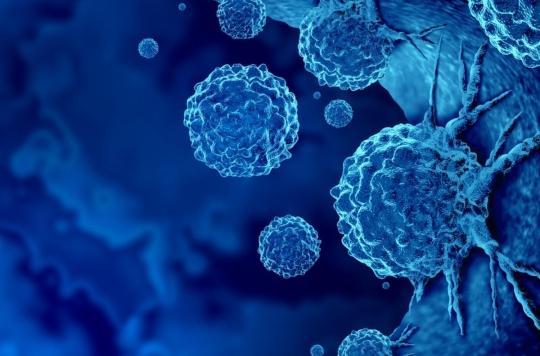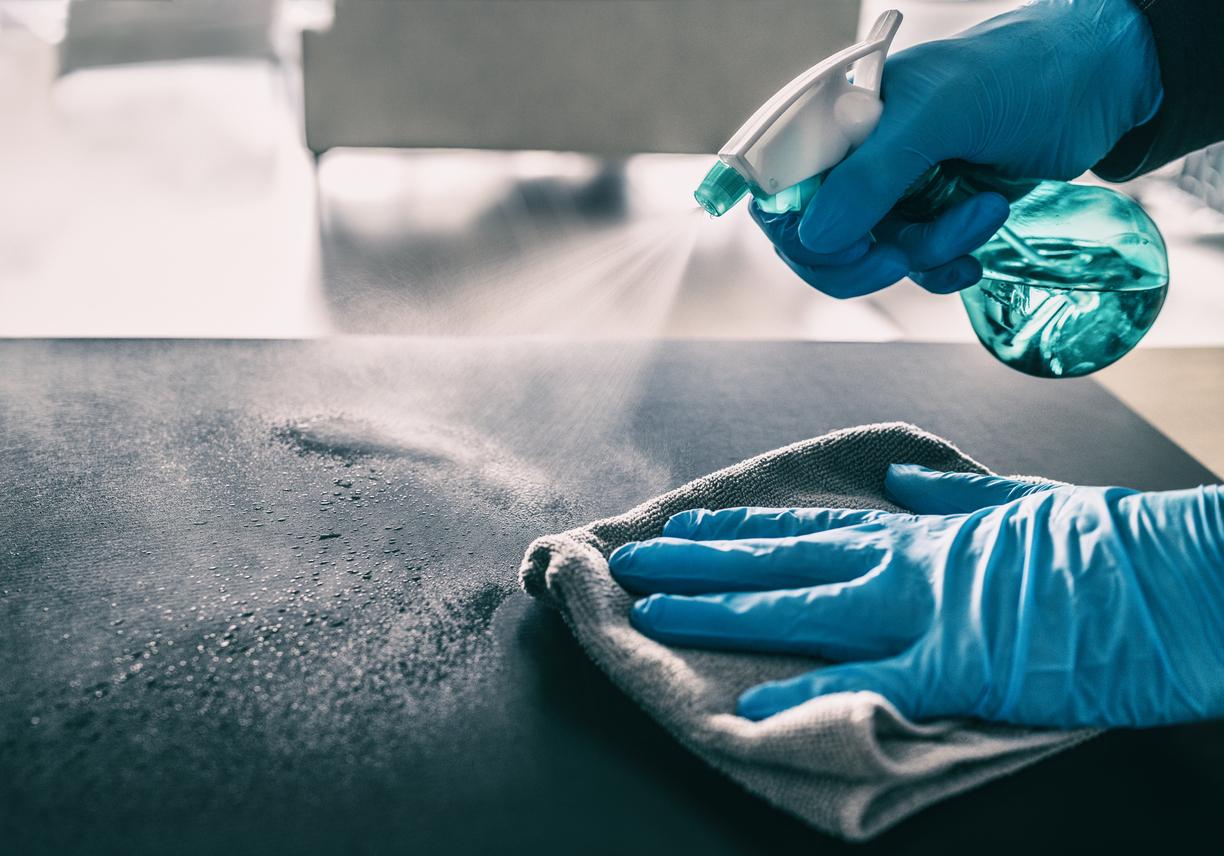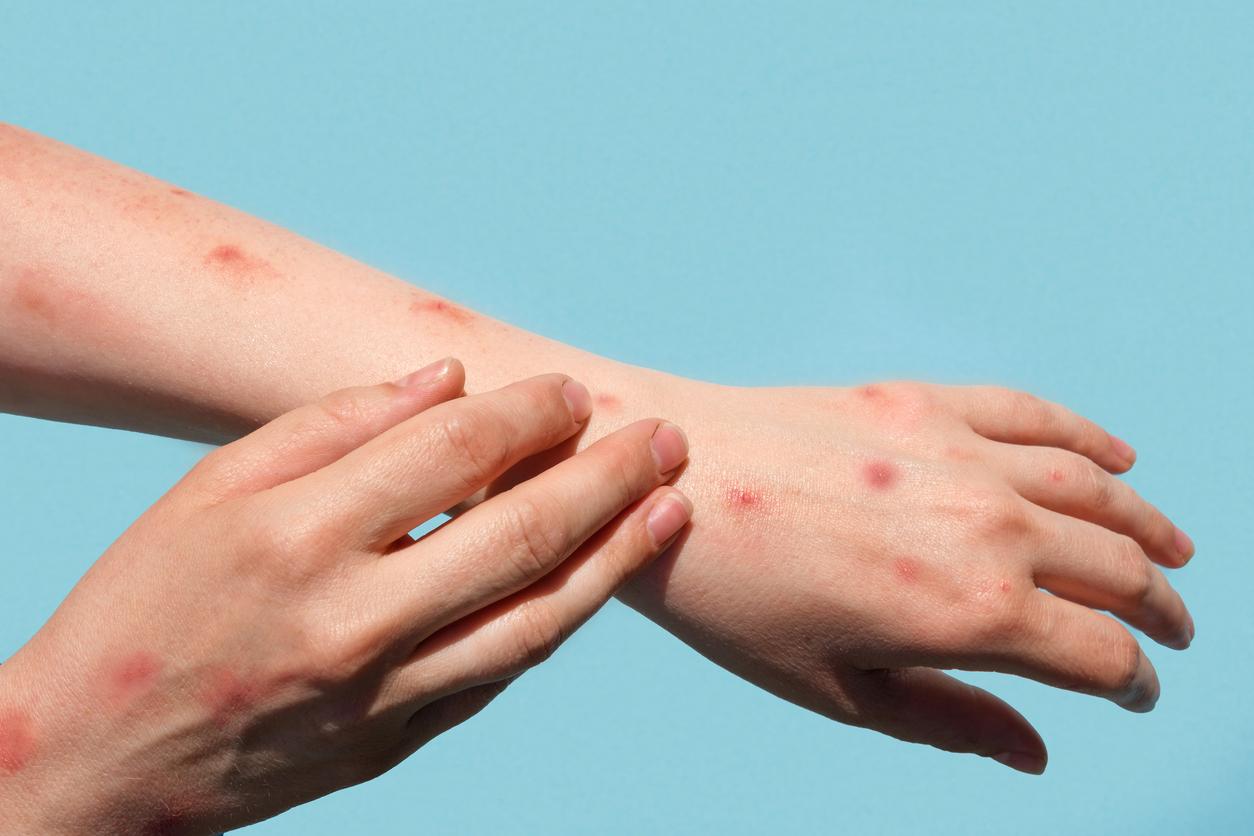After age 60, at least 100 billion cells with at least one carcinogenic mutation are present in our body. Fortunately, not all of them are synonymous with cancer!

- The majority of these mutations have no health consequences.
- 90% of colon cells were occupied by carcinogenic mutations.
- A single cell alone can contain thousands of mutations.
Our cells renew and transform. Sometimes this natural phenomenon generates mutations that can be carcinogenic. But what is the proportion of these cells in our body? A research team from the University of Colorado, in the United States, made an estimate. The results of their work are published in the scientific journal Aging and Cancer. Scientists estimate that after age 60, an individual has at least 100 billion cells, with at least one carcinogenic mutation, in their body.
Inevitable mutations
“We knew a lot of mutations in humans are associated with cancer, but we just didn’t know how many.”, says Edward J. Evans, lead author of the study. “When you have billions of cells and they survive for a century, they will accumulate mutationsadds the co-author, James DeGregori. The fact that we have mutations is not surprising.”
The team collected datasets from researchers who had previously conducted research on mutations in normal human tissue. Edward J. Evans learned to code to create an algorithm that could extract the necessary data and then create blocks to categorize mutations based on genes, tissues, and the age of individuals. “To understand the genesis of cancer, we need to look at normal tissuesexplains the American scientist. By the time the cancer appears, all the mutations are there and we don’t always know which ones are actually contributing to the disease..”
A high number of cells associated with cancer
This analysis revealed that a person over the age of 60 has at least 100 billion cells with oncogenic mutations.We have about three billion nucleated cells in our body, so to put it into perspective, 100 billion cells with oncogenic mutations does not represent the majority of our total cell count.says Edward J. Evans. But that’s a surprisingly high number considering that it only takes one cell to cause cancer.“Scientists are wondering about the consequences of these mutations insofar as individuals can have billions of cells with these oncogenic mutations without developing cancer.
How to interpret these results ?
The authors of this research found that oncogenic mutations are extremely prevalent in certain types of tissue: the skin, the colon and the esophagus. These mutations may be dominant in some of these tissues. “If you look at the esophagus, for example, half of the tissue is loaded with NOTCH1 mutations, which rarely contribute to cancer in non-smokers.says James DeGregori. Testing for this mutation isn’t really helpful if most of us have it and if it rarely leads to cancer.“For scientists, the search for oncogenic mutations is useless and time-consuming as everyone has them and they are not necessarily synonymous with cancer. “How these oncogenic mutations interact with the tissue environment will tell us much more about the risk“, adds the researcher. Future work will be dedicated to the observation of tissues in order to understand why some of them present a high frequency of oncogenic mutations, without an associated risk of cancer.
.

















